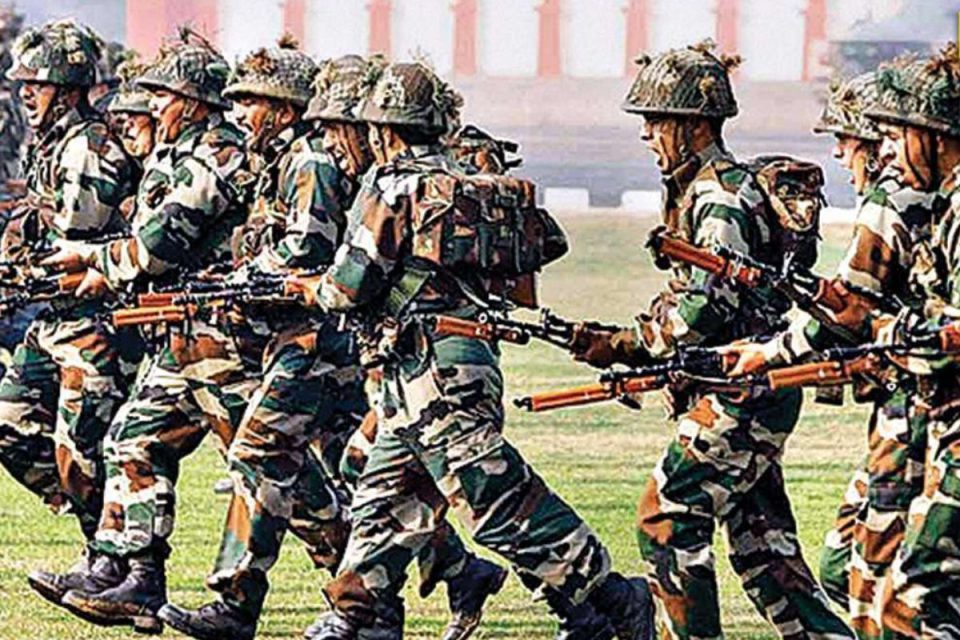Nepali Gurkhas have played a vital role in maintaining their country’s economy by serving the eminent Indian Army and gaining remittances for decades. Through the Tripartite Agreement, this culture started in 1947 which lacked an enforceable mechanism to regulate Indian Army recruitment. Due to the introduction of Agnipath Scheme in 2022, this arena took a shift disrupting the traditional practice. The introduction of this scheme created debate and arguments among the opponents with regard to the deployment of Nepali citizens to fight for other nations.
This perspective, however, ignores the global reality of Nepali youths working as mercenaries. Apart from these concerns, those who are involved in conflicts like the Russian-Ukraine war have lack of transparency on legal and diplomatic fronts. Vagueness has been raised due to the lack of substantial decisions between Nepal and India with regard to the recent events where youths of Nepal have lost their lives and some being taken as hostages.
The evolving recruitment scenario raises questions about the fate of Nepalese mercenaries, exacerbated by the absence of explicit provisions or formal agreements defining conditions for joining the British or Indian armies. The complexity of negotiating sovereignty, nationalism and global recruitment practices have been highlighted in this situation and due to the extreme diplomatic visits among both the countries have led to the absence of solving these problems. The recruitment process is unpredictable and facing challenges in the public discourse due to the introduction of Agnipath Scheme.
In essence, the historical tradition of Nepalese Gurkhas in the Indian Army faces a critical juncture due to the Agnipath scheme, triggering debates on sovereignty and ethics. Concerns are raised especially on the Nepali youths who serve as mercenaries in conflict zones due to the insufficiency of maintaining transparent mechanisms and formal agreements. And this issue has highlighted various challenges in adapting nationalism, sovereignty and international recruitment practices, hence the complex problem remains unsolved leading to diplomatic interactions.

